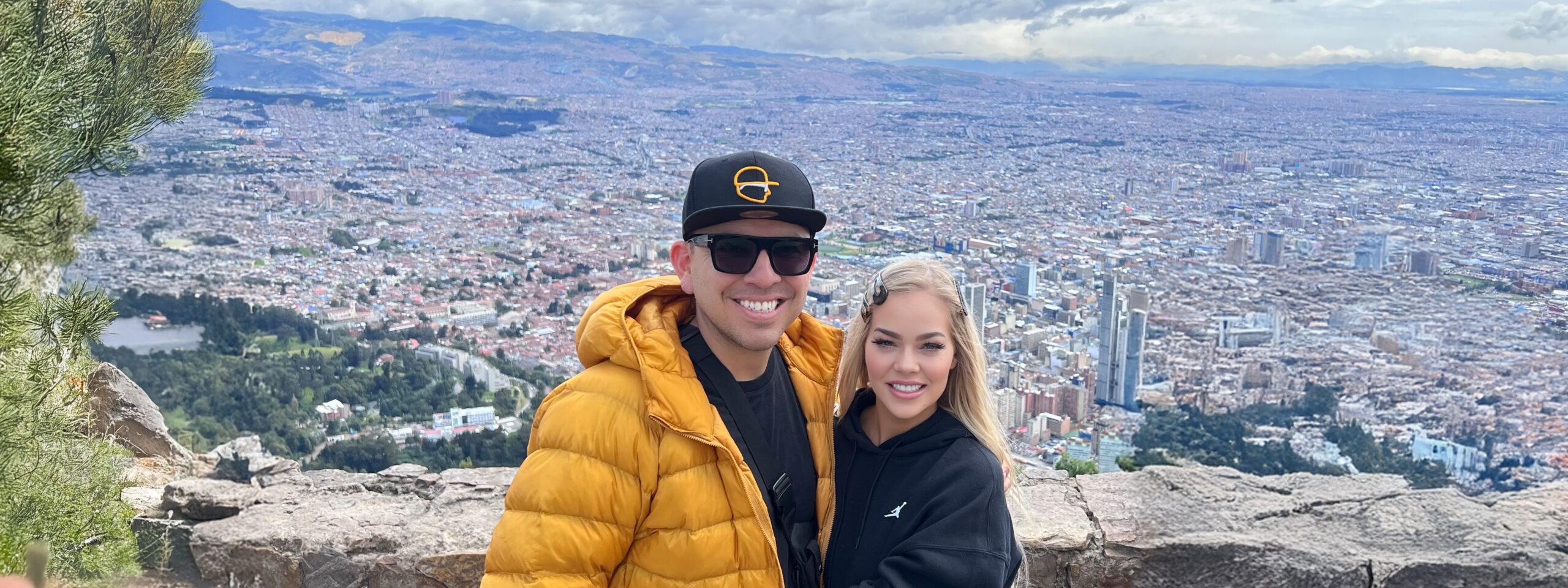If you’re a business owner looking to expand your operations globally, you’ve likely come across the terms “Agent of Record” (AOR) and “Employer of Record” (EOR). While they may sound similar, they serve distinct purposes and cater to different business needs. Here are the key differences between AOR and EOR services, helping you make an informed decision for your international expansion strategy.
What is an Agent of Record (AOR)?
An AOR is a third-party organization that acts as a legal mediator between your business and independent contractors. It assumes responsibility for various administrative tasks, including:
- Contractor classification
Making sure contractors are properly classified as independent contractors and comply with local labor laws. - Contract management
Drafting, reviewing, and managing contracts with contractors. - Payment processing
Handling contractor payments, including tax withholdings and reporting. - Compliance
Ensuring compliance with relevant tax laws, labor regulations, and data privacy laws.
What is an Employer of Record (EOR)?
An EOR specializes in employment requirements and compliance and becomes the legal employer of your remote employees in a foreign country. This means the EOR handles all employment-related responsibilities, such as:
- Hiring and onboarding
Managing the recruitment, hiring, and onboarding processes for foreign employees. - Payroll and benefits
Processing payroll, managing taxes, and administering employee benefits. - Compliance
Ensuring compliance with local labor laws, tax regulations, and employment standards. - Employment administration
Providing HR support, including managing employee records, performance reviews, and terminations.
| Feature | AOR | EOR |
| Worker Type | Independent Contractors | Employees |
| Legal Relationship | Intermediary/Mediator | Legal Employer |
| Key Responsibilities | – Contractor classification- Contract management- Payment processing – Compliance | – Supports full employment cycle: from onboarding to offboarding- Setting up employment requirements- Payroll processing, tax management, benefits administration- Legal compliance |
The decision to use an AOR or EOR depends on several factors, including:
- Type of workforce:
Are you hiring independent contractors or employees? - Level of control:
How much control do you want over your workforce? - Compliance requirements:
What are the local labor and tax regulations in the country where you’re operating? - Cost considerations:
What is your budget for managing your international workforce? - Scalability:
How easily can you scale your workforce up or down?
Here’s when to use an AOR
Consider using an AOR if you need to engage independent contractors in a foreign country and want to simplify the administrative process. AORs are particularly useful for businesses with fluctuating workforce needs or those that prefer a more flexible workforce model.
Here’s when to use an EOR
An EOR is ideal if you plan to hire full-time employees in a foreign country and want to avoid the complexities of setting up a legal entity there. EORs offer a comprehensive solution for managing international employees, including payroll, benefits, and compliance.
This offers several advantages:
- Simplified Compliance
EORs have deep knowledge of local labor laws and regulations. They ensure that your business complies with all legal requirements, lessening the risk of penalties and legal issues. - Comprehensive Support
EORs provide a full range of services, including recruitment, onboarding, and mediation with employee relations. This frees up your time to focus on core business activities. - Global Payroll and Benefits
EORs handle global payroll processing, ensuring accurate and timely payments. They can also assist in setting up competitive benefit packages tailored to local markets. - Risk Mitigation
EORs assume the risk associated with employment, including potential labor disputes and legal challenges. This protects your business from liability.
While AOR provides a basic solution for managing contractors, EOR offers a strategic approach to global talent management. Partnering with an EOR provider can help businesses scale globally, attract top talent, focus on core competencies, and mitigate risks associated with international employment.
An EOR like Filta empowers businesses to expand into new markets without the complexities of setting up local entities, offers competitive compensation and benefits packages to skilled professionals worldwide, and delegates employment requirements and compliance tasks to experts. This allows you to concentrate on your goals while we minimize legal and financial risks.
To learn more, please head to www.filtaglobal.com.
Understanding the key differences and benefits of AOR and EOR services can help you make informed decisions to support your international growth strategy.
The decision between AOR and EOR depends on your specific business needs and long-term goals.
If you primarily work with independent contractors and require administrative support, an AOR may be sufficient. However, if you plan to hire full-time employees in multiple countries, an EOR offers a more robust and comprehensive solution.





